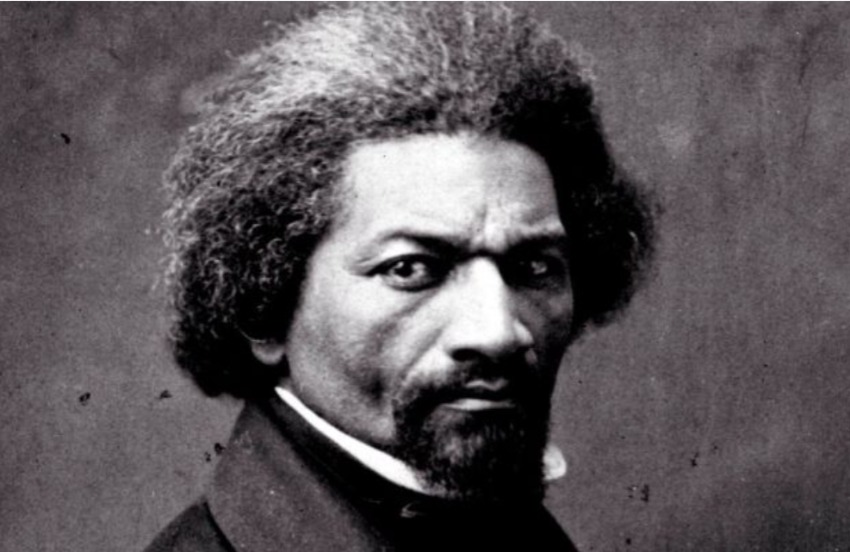THERE HAVE been renewed calls for a street in Cork to be renamed in honour of anti-slavery campaigner Frederick Douglass.
This week marks the 175th anniversary of Douglass’s famous visit to the city as part of a tour of Ireland that saw him make several notable speeches voicing his opposition to slavery.
Back in June, an online petition was launched calling for Cork City Council to change the name of one of the many streets in Cork bearing the moniker of a British royal or members of the colonial administration.
Now, three months on, the academics behind the online campaign are calling on the authorities to take action.
Dr Donal Hassett, a lecturer in the Department of French at University College Cork, launched the campaign with his colleague Dr Caroline Schroeter of the Department of German at UCC.
Speaking to The Irish Times, Dr Hassett called on the council to make the change and send a clear message of inclusivity.
"Commemorating Douglass now would send a signal about how Cork is now a vibrant, multicultural city, particularly in the light of the conversations going on around Black Lives Matter – it would say Cork is an inclusive and tolerant city that embraces diversity.”
 Frederick Douglass, anti-slavery activist, preacher and former slave
Frederick Douglass, anti-slavery activist, preacher and former slaveThe ‘Campaign for a Frederick Douglass Street in Cork’ petition has already attracted more than 3,600 signatures.
Several councillors have already backed the plans, but Dr Hassett says more action is required.
“It turns out that the process of renaming a street is very complicated and a requires a referendum of rate-payers in the area, so what we wanted to do is find a space in the city that isn’t officially named already or a publicly owned space that doesn’t have rate-payers,” he said,
“So we’re looking at St Peter’s Park on Grattan Street or the plaza at the junction of Adelaide Street and North Main Street – they are two places that you wouldn’t have to go through a full vote of rate-payers, so it would make it easier to commemorate Douglass.”
Campaigners are set to host a creative commemoration event involving local artists this February and are hoping to have one of Douglass’s great- great-great-grandsons, Ken Morris Douglass, in attendance.
They have set a target of renaming the street in time for the event.
Douglass's incredible story began in Maryland back in the early 1800s.
Born into slavery, at the age of 20 he escaped captivity and eventually found his way to an abolitionist slave house in New York City.
From there he went on to become the leader of the abolitionist movement in Massachusetts and New York, regularly campaigning against slavery and segregation in America.
He spent a total of two years travelling around the UK and Ireland, during which time he met and befriended fellow anti-slavery campaigner and Irishman Daniel O'Connell.
Douglass was particularly fond of Ireland, noting the country's lack of prejudice and racial discrimination.

